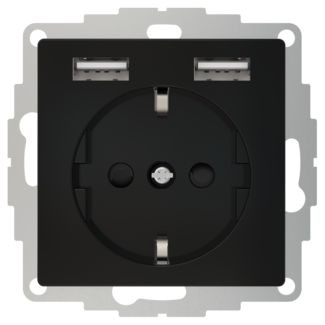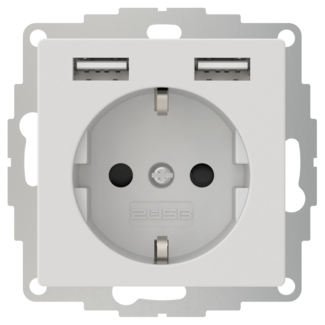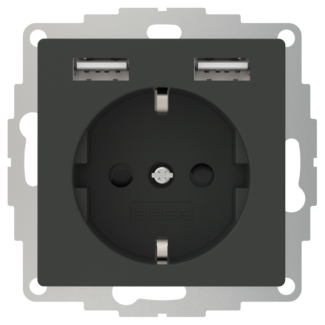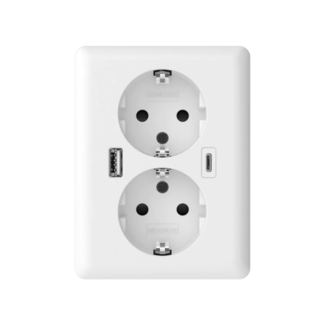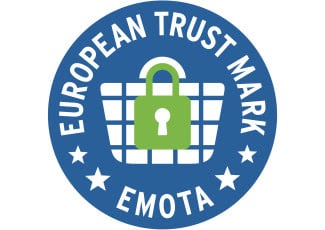What is a socket with USB?
A socket with USB is slowly becoming the new standard. This socket not only has room for a plug, but also has a built-in USB port. This USB port can be used to use or charge numerous electrical devices. Think also of your Apple or Android smartphone. The USB socket combines 230 V high voltage with 5 V low voltage. The socket also contains a transformer. This converts the high voltage to low voltage. The built-in USB ports are mainly used to charge mobile phones.
Different types of sockets with USB at ET48
There are a number of different types of sockets with USB. For example, you have USB-A, USB-C, or a combination. The difference is in the shape. The USB-A port is rectangular, while the USB-C port has a more oval, round shape.
At ET48.com, we have set up a new range of sockets with USB with products from 2USB. The sockets with USB have no less than two USB ports! This means you have three connections and can therefore charge as many as three devices at the same time.
You can choose between a standalone USB socket with a phone holder, or a regular, earthed, wall socket.
easyCharge
These easyCharge sockets have a clever 'compartment' where you can put your smartphone. This compartment has a silicone mat so you won't damage your phone. Larger phones such as the Apple iPhone Plus -, and the Samsung Ultra series also fit in here with ease thanks to the handy design.
inCharge
The inCharge PRO features 2USB's new chargeMAX technology. This makes charging via this USB outlet even easier and more efficient. This USB socket can be installed in any regular European wall socket.
This socket is available in the colours 'Glossy White', 'Jet Black', 'Matt White' or 'Anthracite'. Plenty of options to match your living room!
The advantages of a USB socket
The biggest advantage of a USB socket is that you have room for two extra devices. Place the USB socket in the bedroom, for example, where you have your mobile phone, laptop and night light in one outlet. Of course, it is also a handy addition to your study, study or living room.
Lost charging pad? No worries, you won't need this one either! Just a USB cable will do. Plug the cable into the socket, the other end into your smartphone and charge away. Plug and play.
Charging devices with a socket with USB ports can also save you time. You no longer have to search for the right adapter or charger for your device. This can be especially handy if you are in a hurry or want to charge several devices at once.
Sockets with USB ports can also be safer than traditional sockets. These sockets often have built-in surge protection, which protects your devices better from electrical damage. This can be especially useful if you use valuable electronic devices, such as laptops or smartphones.
Sockets with USB are also often more efficient than traditional sockets. These sockets feature smart technology that optimises the charging speed of your devices. This means your devices charge faster and you use less energy while charging.
The sockets with USB are very universal. The inCharge has a built-in depth of 32 mm, which means the WCD fits into any flush-mounted box in Europe.
How do I install a socket with USB built-in?
Installing a socket with USB ports is similar to installing a normal socket, with a few extra steps. Here is a general overview of the installation process:
- Switch off the power at the fuse box or circuit breaker to work safely.
- Remove the old socket and check that the wiring is in good condition. If the wiring is worn or damaged, replace it before installing the new socket.
- Fix the wiring of the new socket according to the manufacturer's instructions. Usually this means tightening the wires to the correct terminals.
- Make sure you connect the right wires to the right terminals. Connecting USB ports usually also requires an additional wire for the power supply.
- Once the wiring is connected, attach the socket to the wall using the screws supplied with the socket.
- Turn the power back on and check that the socket is working properly. For example, you can plug in a device with a USB connection to check if it is charging properly.
Note: If you are unsure of your electrical skills, it is advisable to consult a qualified electrician to install the socket. Working with electricity can be dangerous if you don't know what you are doing.
